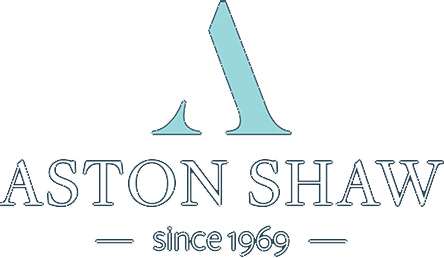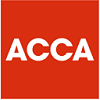The Chancellor of the Exchequer has finally delivered his much-anticipated ‘Budget 2017’. Having considered the announcements carefully, we have highlighted the key points below. We hope that you will find this summary useful.
Business
• The VAT threshold will be frozen at £85,000 for two years.
• £540m to be invested in the growth of electric cars.
• £500m for 5G mobile networks, fibre broadband and AI.
• A further £2.3bn has been allocated for investment in R&D.
• Business rates to be in line with CPI measure of inflation, not RPI.
• From April 2019 income tax will be applied to digital economy royalties relating to UK sales which are paid to a low-tax jurisdiction. It is predicted that the measure will raise about £200m a year.
Personal Tax
• The personal tax allowance is set to rise to £11.850 in April 2018.
• Higher-rate tax threshold to increase to £46,350.
Wages
• National Living Wage to rise by 4.4%, from £7.50 an hour to £7.83. This will take effect in April 2018.
Economy
• The forecasted growth for 2017 has been downgraded from 2% to 1.5%.
• GDP, productivity growth and business investment all revised down.
• £3bn to be set aside to prepare the UK for Brexit.
• It is estimated that another 600,000 people will be in work by 2022.
Welfare
• £1.5bn allocated to “address concerns” about the delivery of universal credit.
• Claimants to get 100% advance payments within five days of applying from January
• First payment will take five weeks instead of the current six
• Repayment period for advances to increase from six to 12 months
• New universal credit claimants who claim housing benefit will continue to receive it for two weeks.
Housing
• Stamp duty immediately abolished for first-time buyers purchasing properties worth up to £300,000.
• £44bn allocated to the building of 300,000 new homes a year by the middle of the next decade.
• 100% council tax premium on empty properties.
Fuel
• Plans for a fuel duty rise for petrol and diesel cars have been scrapped.
• There will be a vehicle excise duty for diesel cars that do not meet the latest standards to raise by one band in April 2018, this will not apply to van owners.
• Existing diesel supplement in company car tax to rise by 1%.
Alcohol & Tobacco
• Tobacco will continue to rise at inflation plus 2%, an additional 1% will also be applied to hand-rolling tobacco.
• Duty on wines, spirits, beers and ciders will be frozen. This equates to 12p off a pint of beer and £1.15 off a bottle of whisky by April 2018.
• There will, however, be a duty on high-strength “white ciders”.
Our Thoughts
Our very own Tax Consultant gives his opinion on today’s budget below:
Today, the Chancellor delivered what I regard as a highly politicized budget, spreading his announcements over a myriad of areas, both economic and geographic. There seems to be something here for everyone.
A National Living Wage increase of 4.4% is to be welcomed, as are the changes to Universal Credit which the Chancellor clearly hopes will diffuse much of the recent criticism. The increase in personal allowance at £350 for 2018/2019 represents a 3% increase and is actually at a rate less than that announced over the last couple of years, so is only likely to improve the living standards of very few individuals.
Businesses will welcome the changes to R&D Tax credits and smaller businesses will welcome the change in annual uprating of business rates from April 2018 and the switch from RPI to CPI. Pubs will also be glad to hear of the freeze on Alcohol duties.
Companies with Capital Assets may not welcome the freezing of Indexation allowance on those assets, but the adjustment here brings companies in line with individuals, and they do pay tax at a rate less than individuals.
There has been money allocated to the development of driverless cars and there will be no benefit in kind where recharging facilities for electric cars are provided for employees. Diesel cars that are not up to the latest standards will be moved up a VED band, therefore increasing the duty on them. Employees with a diesel vehicle will suffer too as the diesel supplement for benefit in kind purposes are raised by 1% to 4% over petrol engine vehicles.
There will be further anti-avoidance measures implemented to raise £4.8bn for the exchequer, including tackling online fraud. The chancellor also intends to get income tax on UK sales paid to low tax regimes.
The NHS benefitted from additional resources with £350 million this winter, and £1.6bn next year on top of the already promised increase representing a 7.5% increase for the next two years. There is a further promise to fund nurses pay rises if the agreement includes pay structure modernization.
The Chancellor saved his biggest announcement until the very end and that was the abolition of Stamp Duty on the purchasing of dwellings by first-time buyers on purchases up to £300,000 (the first £300,000 on purchases up to £500,000).
Hammond also wanted to stimulate housebuilding and there were measures announced to encourage this. A goal of building 300,000 new homes a year by mid-2020 was set.
During the hour that the Chancellor spoke, there were many smaller announcements made that felt to me as if he were handing out the sweeties, giving everyone something, but not necessarily a lot. Well, it is nearly Christmas!














